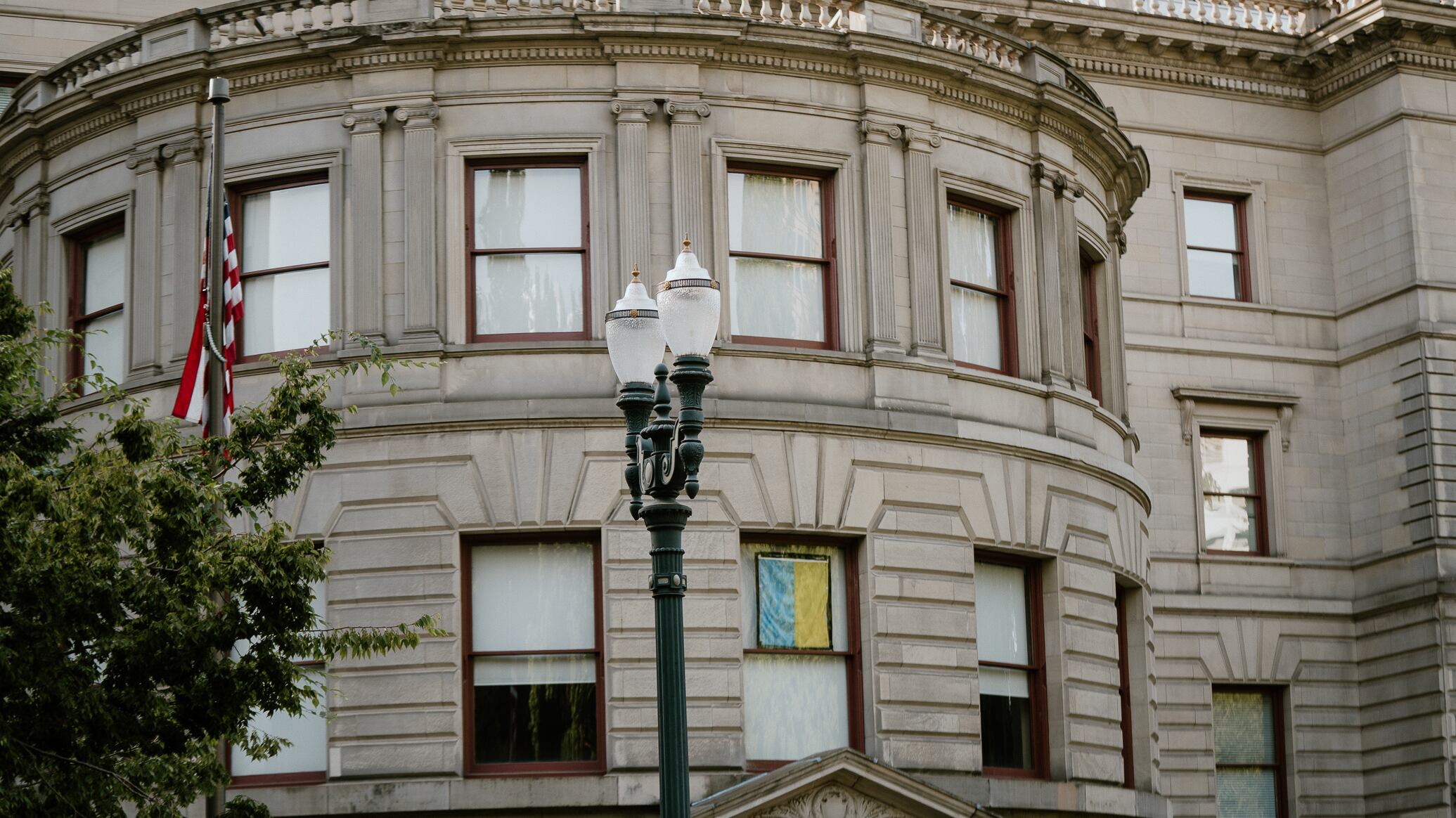Portland City Commissioner Rene Gonzalez is mulling a slate of proposals, in conjunction with City Commissioner Dan Ryan, that if sent to the November ballot by the City Council and approved by voters, would make three significant changes to the charter reform measure approved by 58% of Portlanders last fall. (That measure is set to radically transform the city’s governance structure and elections come 2025.)
The Oregonian earlier this week first reported that Ryan and Gonzalez were considering three tweaks to the measure: reducing the future City Council to eight members from 12; swapping a simpler form of ranked-choice voting for the one in the ballot measure; and giving the mayor veto powers.
A work session among commissioners’ offices to discuss the proposed changes is scheduled for next week. The City Council would need a majority vote to put the three proposals on the November ballot.
It’s unclear where the remaining three city commissioners, including Mayor Ted Wheeler, stand on the matter. Commissioner Mingus Mapps long opposed the charter reform proposal that emerged last fall, but despite his promise to present an alternative ballot measure, never did so. Commissioner Carmen Rubio said in a statement Thursday she’s “open to a veto” powers for the mayor but has “concerns about the other concepts being discussed given the voters overwhelmingly supported the ballot measure.” Wheeler said in a statement he’s open to the discussion.
In a Thursday interview with WW, Ryan elaborated on his joint proposals—but backed away from endorsing either of the other two proposals he and Gonzalez floated earlier this week.
Chief among Ryan’s concerns is the unknown—but growing—cost estimates of what it will take for the city to transition to its new form of government.
Ryan says he doesn’t “know my decision yet” on shrinking the council from 12 to eight members, but he is concerned about the increased salary for city councilors proposed by an independent salary commission last month: “For me, it was when it was revealed from the independent salary commission that they were proposing something higher than what the [City] Budget Office projected they would say.” (The body recommended an annual base salary of $142,000.)
“Just in salaries of elected alone, we’re going from $600,000 to $1.9 million,” Ryan said. “We have really high priorities for our city right now, and I don’t look at any of the budget as a drop of money.”
Ryan also cited the expansion of the second floor of City Hall downtown to accommodate 12 council members. “We keep hearing about how we’ll have to redesign the office space, the dais itself, it’s a pretty big re-haul,” Ryan said. “There’s confusion around all of that.”
The City Budget Office has not provided the council a concrete estimate of what the City Hall expansion would cost.
Moreover, the office estimated earlier this year that annual transition costs would amount to somewhere between $4 million and $5.9 million for the three years it will take to make the transition. It does not appear that commissioners’ offices have been provided an updated, higher estimate of transition costs.
The city’s small donor elections program is also looking to expand its funding in preparation for a larger candidate pool in the 2024 election and beyond. Estimates recently provided to commissioners’ offices show the program is asking for $8.3 million for the two-year election cycle beginning in 2024.
Ryan says he hasn’t reached out to the proponents of the initial charter reform measure, including the Coalition of Communities of Color and a number of other community groups, about his proposals. “I’m well aware of their opinion,” Ryan said.
